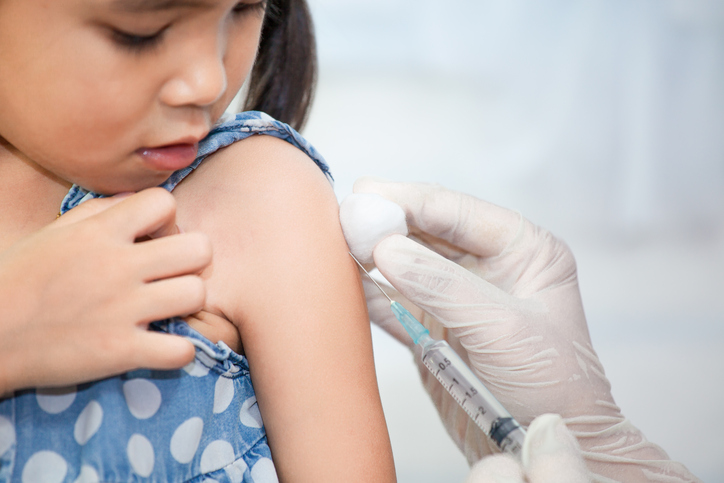
UAlberta scientist Joan Robinson will discuss how to evaluate the evidence and make informed decisions about vaccines at the Festival of Health.
Bring up the issue of childhood vaccination in many parent groups and you're almost certain to spark a heated debate. In a world with more information accessible to parents than ever before, the diversity of beliefs surrounding the safety of vaccines can be surprising.
As a pediatric infectious disease expert, Joan Robinson has heard all the arguments. But for her, the debate was settled long ago.
"There is overwhelming scientific evidence that immunizations and clean drinking water have saved more lives than have any other interventions since the beginning of time," said Robinson, a professor at the University of Alberta's Department of Pediatrics. "For example, if you look back to the 1950s, many children died of things like bacterial meningitis or measles or were handicapped because of polio or congenital rubella infection. The introduction of vaccines changed that and most people have never seen a case of these diseases."
According to Robinson, there are several misconceptions that exist. Among them: a belief that vaccines cause more harm than the disease; that safeguards aren't in place to screen for serious vaccine side effects; and that health-care practitioners benefit monetarily from the promotion of immunization programs.
"As an infectious disease doctor, I would get to see way more patients without vaccines. So certainly if profit was my motive, I would not be promoting immunization," said Robinson.
Robinson says the evidence for immunization is overwhelming. But with so much competing information and misinformation available, she believes more emphasis is needed on educating the public how to best evaluate that evidence to make informed decisions.
Robinson is bringing more than 30 years of expertise to the Festival of Health at the University of Alberta on May 26 to shed light on the topic of vaccines.
The Festival of Health
Register here for your free ticket
Edmonton Clinic Health Academy 11 a.m. - 5 p.m.
North Campus, University of Alberta
Barbecue and Entertainment
11 a.m. - 1 p.m.
Rapid Fire Presentations and Ask The Experts: Q & A Session
1 - 2:30 p.m.
Info Sessions and Tours
3 - 5 p.m.
More information available at uab.ca/healthfest.